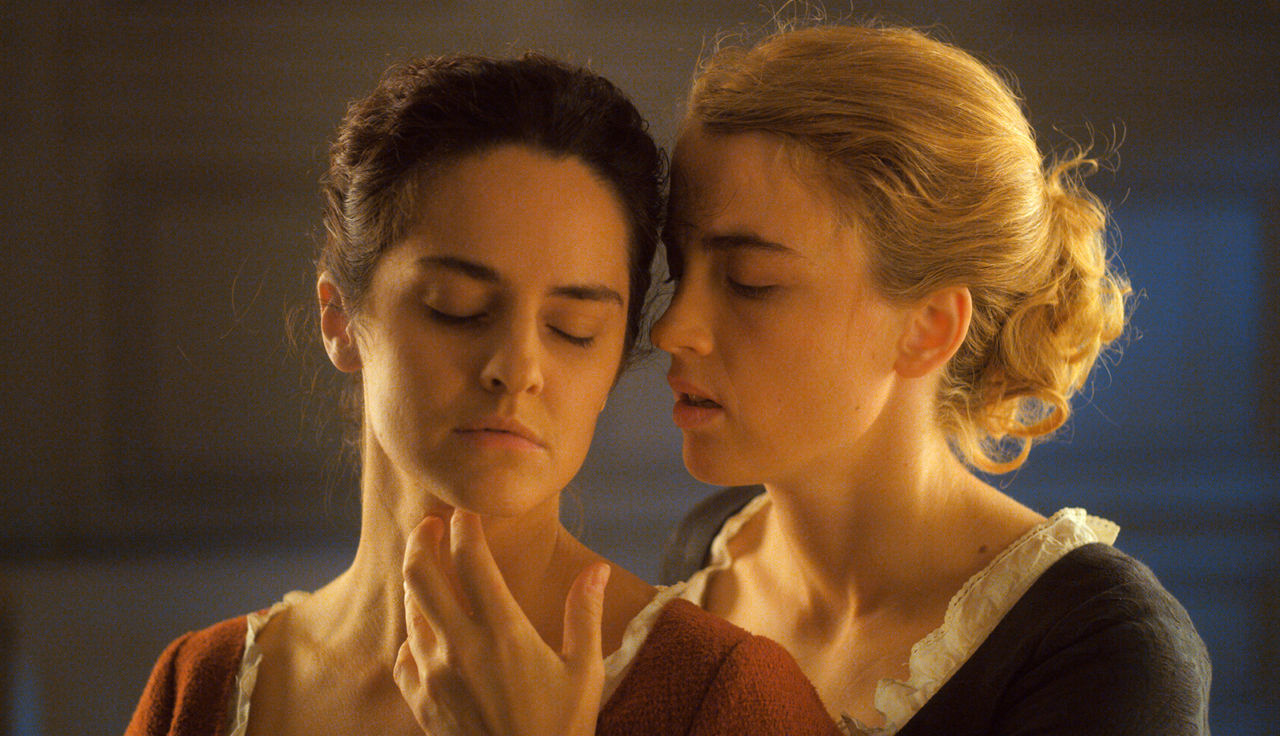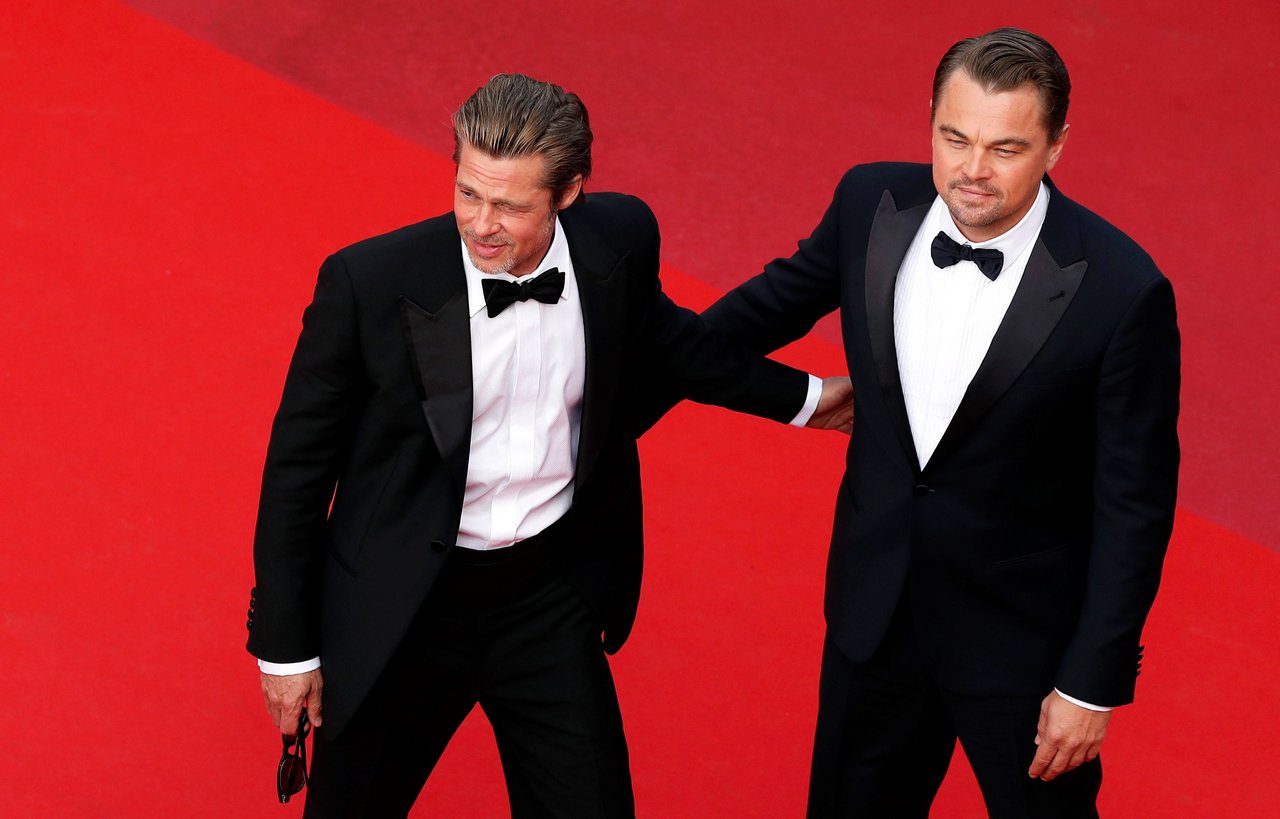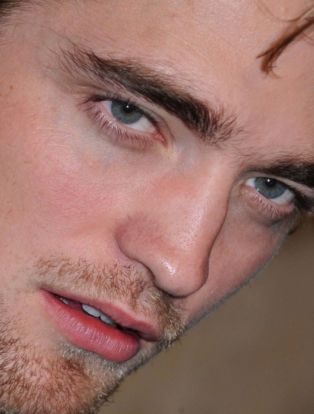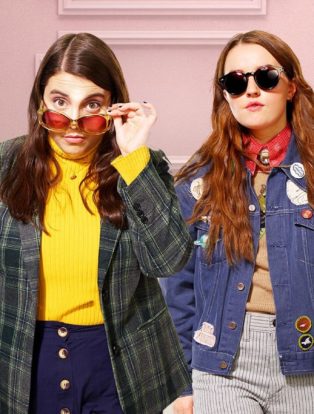Cannes Film Festival
The Good, the Booed & the Scary


Where do we begin discussing the 21 films selected for consideration for the Palme d’Or at the 72nd Cannes Film Festival? The good? Nah. We’ll build to that crescendo. Let’s get the films that were booed out of the way.
The Booed
First question I have? Pardon, Mlle. Isabelle Huppert. What were you thinking? Frankie, (an Ira Sachs film) was the biggest flop of them all in the land of sun-kissed movie critics. The story of a terminally ill French movie star taking her family on vacation, had The Guardian comparing it to “a late Woody Allen movie” and Variety asking, “Where’s the beef?”
Terence Malik’s A Hidden Life follows the almost three-hour long story of Austrian anti-Nazi objector Franz Jägerstätter who was executed in 1943 for refusing to take the Hitler oath to fight. TIME Magazine said, “What is it saying? What is it doing? And oh, dear God, is he showing us those mountains again?”
Meanwhile, showing us bodies once again is Abdellatif Kechiche with Mektoub, My Love: Intermezzo. The Blue Is the Warmest Color director’s latest was widely panned at Cannes and the nearly 15-minute oral sex scene had many in the audience walking out.
Speaking of Blue, Leá Seydoux returns in Arnaud Desplechin’s unfortunately flat, Oh Mercy! Most critics didn’t buy a lesbian crime pair possibly offing an elderly woman and thought watching Law & Order would be far deeper. (Still, it is Seydoux so I’ll go see it. Start the popcorn machine.)
Mixed reception also greeted Justine Triet making her Cannes debut with Sybil about an alcoholic therapist/novelist who steals material from a patient. IndieWire said, “There’s much to appreciate about the meta-commentary at the center of this lively work, but Sybil ultimately becomes a victim of the same pressure to deliver a big, showy narrative that its troubled protagonist so desperately wishes she could tell.” (Hmm. I’ll go see it because I can’t miss a therapist named, Sybil.)
Boos erupted when Belgium’s Dardenne brothers (Jean-Pierre and Luc) were named best director for Young Ahmed. This film zeroes in on a portrait of a radicalized Muslim teen who tries to kill his teacher. The critics found the Cannes darlings latest work, “disappointing.” And finally, there were also a mixed reception for the gangster noir, The Wild Goose, a Chinese crime drama directed by Diao Yinan.
The Good
Pedro Almodóvar’s Pain and Glory is about the physical ailments that occur in life during the maturation process. Antonio Banderas (who
took best actor) plays Salvador Mallo, a famous film director in his sixties who is in physical decline. Reuniting his team, Penelope Cruz plays his mother; TIME Magazine said, “Everything about Pain and Glory is awake and alive, and Almodóvar’s nerve endings become ours, too.”
The French film Les Misérables was not about Anne Hathaway and Hugh Jackman singing show tunes; rather Ladj Ly’s debut narrative feature about police brutality is considered a captivating look at racially charged urban drama between civilians and the police.
Elia Suleiman’s It Must Be Heaven showcases a comic saga that begins in Palestine then heads to Paris and New York. The Hollywood Reporter said, “Filmmaker and actor Suleiman uses his own face and body to express the soul of Palestine in his films,” asking the question about what happens when one’s roots travel beyond their home country.
If that movie doesn’t tug at your heart, Matthias & Maxime most likely will as it did the audience at Cannes. As part of one of their sister’s short film, two longtime friends exchange a kiss as written in the script bringing alive questions about the two men’s suppressed feelings. The Guardian said, “There is such tenderness and gentleness in this film.”
Netflix scooped up the global rights to Grand Prix Winner Atlantics from director Mati Diop, the story of an arranged marriage in Dakar. Diop was the first black woman to be accepted into the competition line-up in the history of the festival. The Hollywood Reporter said of the film, “the overall tone is held at an uncanny, arthouse pitch, lo-fi but creepy and suffused with melancholy.”
Also, interesting sounding and positively received is Bacurau starring Sonia Braga in a film about a “human” safari in Brazil where humans are hunted instead of animals by the privileged. Céline Sciamma’s Portrait of a Lady on Fire took Best Screenplay. It tells the 18th century story of Marianne (Noémie Merlant) who arrives on the small isle of Bretagne to paint the wedding portrait of the difficult aristocratic, Héloïse (Adèle Haenel). Word has it that the sensual film has a real gut-punch on an ending between the two women and an added bonus, it has an all-female cast. (Popcorn? Meet Sue. I’ll be coming!)
The UK’s Ken Loach’s Sorry We Missed You, tells the story of a struggling delivery driver who has a humble dream of owning his own family home. Loach, now in his 80s, surprised critics when he didn’t receive any award considering this might be his strongest work yet.
Marco Bellocchio’s true-life mafia drama The Traitor was quickly picked up by Sony Pictures Classic, and The Whistlers, a heist drama, was snatched up by Magnolia Pictures with plans to release it later this year.
Many-many-many Cannes film goers were deeply surprised that Quentin Tarantino didn’t take home the Palme d’Or for Once Upon a Time In Hollywood, 25 years after he debuted Pulp Fiction there. The Leonardo DiCaprio, Brad Pitt and Margot Robbie helmed spaghetti-western garnered mixed reviews, with some saying it was uneven, but others who were in the majority calling it a “subversive love letter to its inspiration” 1960s-LA. The touching finale seems to have divided many but the end result was a six-minute standing ovation with many newspapers writing about how Tarantino “wowed” the crowd.
What did win the Palme d’Or seemed to have come out of France’s deep blue ocean. Parasite, a black comedy and suspense thriller from South Korean director Bong Joon-ho, proved to be a surprise hit. The story revolves around two poor siblings who infiltrate a wealthy household. Bong calls the film “a comedy without clowns, a tragedy without villains.” That movie had a seven-minute standing ovation perhaps to the ire of Tarantino.
The Scary
Tepid applause greeted Jim Jarmusch’s comedic-film The Dead Don’t Die, which opened the festival. Even the greatest zombie cast ever assembled including Bill Murray, Adam Driver, Tilda Swinton, Chloë Sevigny, Selena Gomez, and Carol Kane, couldn’t protect it from the critics who tried to figure out what the heck was going on as the zombie hordes descend in the town of Centerville. TIME Magazine said, “We also get Tilda Swinton as a recent and exotic transplant to the town, a Scottish samurai warrior and undertaker. (That shouldn’t work, but then, it’s Tilda.)”
Australian director Jessica Hausner’s amusing horror flick Little Joe stars Emily Beecham as Alice, a somewhat weird plant breeder who creates a genetically altered red flower (aka, Little Joe) that can make people happy just by looking at it. But then there’s a dramatic shift…Beecham took home Best Actress.
Maybe the heart of the Cannes Film festival this year was Robert Eggers’ The Lighthouse, which received almost across the board raves. Robert Pattinson will most likely be nominated for a Best Actor Oscar as might Willem Dafoe for this black-and-white historical thriller set in a secluded Maine lighthouse.
The Very Best of Cannes?
Well, that’s no mystery. Margot Robbie taking a dive in a white swimsuit at Hotel-du-Cap Eden Roc. Action. Camera. Roll!



